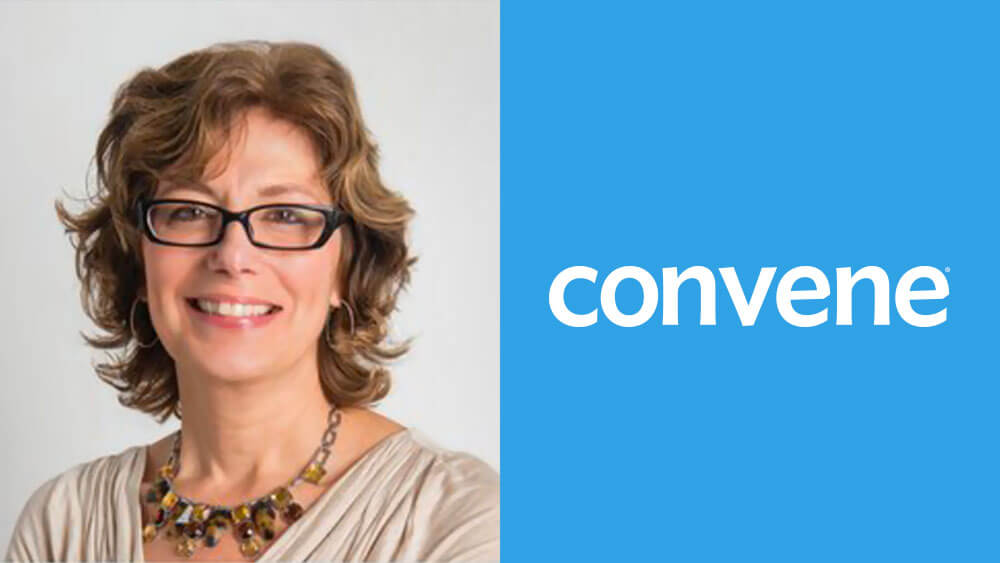
Michelle Russell
We were first drawn to the topic of collaboration — this month’s cover story — because we’ve been hearing a lot about how it’s the path to innovation in an increasingly complex and rapidly changing business landscape. Flatter organizations foster inclusiveness and welcome a diversity of thought and a broad spectrum of experiences in their strategic planning that is traditionally lacking in top-down organizational structures. Conferences and conventions aren’t hierarchical in the same way as companies, but knowledge transfer typically has taken place through experts sharing information to a passive audience, with few opportunities for participants to learn from each other — never mind to take that to the next level, creating environments for groups to work together to resolve the challenges their organizations, professions, and industries face.
When we set out to explore this topic, we weren’t sure where it would take us. It’s a big subject, with lots of entry points. I think we ended up just scratching the surface, with our main story featuring two interviews. TED’s Tom Rielly shares how collaboration
is the cornerstone of the TED Fellows program at live events and in an online community, while Frans Johansson, author of the bestselling The Medici Effect, talks about his efforts to create a truly collaborative presentation format.
In terms of incorporating collaboration into the planning process for your own events, within your own organizations — look for insights from Senior Editor Barbara Palmer’s article on how improvisational principles can be applied to the process, and from excerpts from two books on collaboration in the workplace. In one of those books, Collaborative Intelligence: Thinking With People Who Think Differently, authors Dawna Markova, Ph.D., and Angie McArthur interviewed Jacki Zehner, CEO of Women Moving Millions. I think Zehner nicely captured the main obstacle to collaboration — even in organizations that promote it. It comes down to leaving our egos at the door.
“Collaboration requires a different mindset than what we are used to,” Zehner told the authors. “We have to move away from trying to one-up each other with our intelligence, our ideas, our credentials, in order for it to work. It is about creating a new kind of space that is truly respectful, inviting, and inclusive.” Zehner goes so far as to say that most of us have been taught not to collaborate, so we need to “challenge what we think we know and be open to doing things differently.”
That’s sound advice as we move our organizations and events forward, together.

